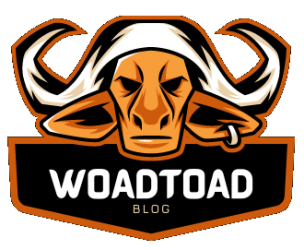Wasps are a common household pest. They can be dangerous, annoying and destructive. They can also be good pollinators.
Wasp Control
If you have a wasp problem, it’s important to get professional help. An exterminator can come out to your home or business and perform an inspection to determine what type of wasp you have and what the best course of action is to get rid of them.
The sooner you call in help, the less likely it will be that you experience damage from wasp nests in your home or business. An exterminator will let you know if there are any potential issues with the structure of your home or building that could cause problems in the future if left unchecked.

Types of Wasps
There are several different types of wasps that people might encounter: yellow jackets, paper wasps, ground wasps (stingless) and hornets. Each type has its own unique characteristics that make them different from one another. Some species build their homes underground while others live inside walls or attics of homes or businesses. The most common types found in Indianapolis include:
- The Bald-faced Hornet
- Paper Wasp
- Yellow Jacket
- Ground Wasp
Each type has its own unique characteristics that make them different from one another. Some species build their homes underground while others live inside walls or attics of homes or businesses.
What To Do If You Have An Wasp Infestation?
The best thing to do when you see yellow jackets is to stay away from them and not disturb them. If you need to get rid of them, then it is best to call a professional Indianapolis wasp exterminator who has experience in dealing with these pests.
If you have a nest close by your home, then it could be dangerous for anyone who lives there or who comes into contact with it. If you have small children or pets, then this could be dangerous for them as well.
Most people think that these wasps are harmless because they do not sting much and do not bite like other insects do, but this is not true at all! They are actually very dangerous because they are territorial and will attack if someone gets too close to their nest or if they feel threatened in any way by another animal or person around their property area or inside their home or office building where they live and work out of every day.
